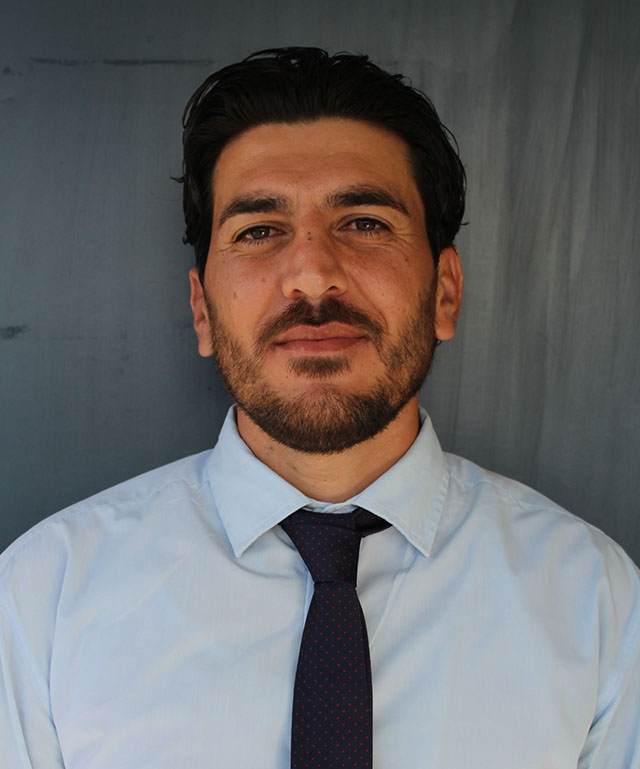Bicultural workers support people or communities who they share similar cultural experiences and understandings with.
Bicultural workers use their cultural knowledge and, in some cases, their language skills to communicate, negotiate and provide education between communities and services.
The bicultural worker helps connect the community.
Improving communication

Bicultural workers often act as peer educators and help bridge the gap between services and the community. They can support people from a refugee background to engage in:
- health services
- education and health promotion sessions
- individual consultations
- advisory groups
- community consultations.
Bicultural workers can provide education and health information to refugee communities, including health education sessions and information on the Australian healthcare system.
Please note, bicultural workers are not interpreters. This is not their role. Although bicultural workers may provide some informal interpreting, clinicians should be aware of the risks of using bicultural workers to interpret in formal settings.
Stress points
Health services and clinicians should be aware that bicultural workers may need to deal with the following challenges:
- Establishing and maintaining boundaries with the community.
- Balancing the conflict between professional and cultural norms.
- Balancing their work and commitments due to their immersion in the community.
- Lack of opportunities to build or develop professional skills and knowledge in areas outside their role, due to the demands of the role.
Resources
Useful tips on how to conduct the interpreting session – fact sheet for clinicians and other health workers.
Source: Queensland Health
Talking about health and experiences of using health services with people from refugee backgrounds – a project about consulting people from refugee backgrounds across Victoria.
Source: Victorian Refugee Health Network
Specialist multicultural and refugee health services – directory of services hosted by NSW local health districts.
Source: NSW Health